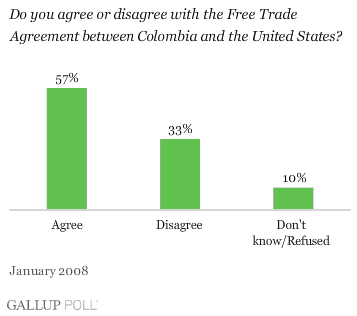From today forward I'm not going to read any "fact check" sites other than Politifact, which as I noted in a post a few months ago is by far the best of such sites. Too often the other sites lead me astray.
But before removing the site from my bookmarks, I need to set the record straight on this post from Factcheck.org on corporate tax breaks, which implies, falsely, that Clinton and Obama are both lying.
This matters because these sites are very influential. In 2003, while working for Dean, I had a back-and-forth with a "factchecker" who argued--incorrectly--that Dean's figures on tax incidence were wrong. Ultimately, they ignored me and shortly afterwards the AP's Nedra Pickler published an article taking the site's findings as "fact." In the post on corporate taxes, the site suggests that Obama and Clinton are twisting the truth, when in fact they are 100% correct. This post could easily lead to an article and even an extended meme that the Democrats are fudging the facts. Here's why they are right and the "factchecker" is wrong:
In the first part of the post, the site quotes Obama and Clinton using similar language; here's the part from Obama:
Obama, Nov. 3, 2007: When I am president, I will end the tax giveaways to companies that ship our jobs overseas, and I will put the money in the pockets of working Americans, and seniors, and homeowners who deserve a break.The site than says,
Both candidates are referring to a feature of the U.S. tax code that allows domestic companies to defer taxes on “unrepatriated income.” In other words, revenue that companies earn through their overseas subsidiaries goes untaxed by the IRS as long as it stays off the company’s U.S. books.The post goes on to present evidence that changing this provision will not "end the movement of jobs overseas." But neither Obama nor Clinton ever made such a preposterous claim. They actually made no claim at all about the effects of changing this tax provision. Although it's not what they say, at most one could argue that they're raising hopes that their proposal will reduce (but not end) the flow of jobs overseas. (While the effects are hard to predict, there is a plausible case that the effects would go in this direction.)
But economists, including left-leaning ones, do not agree that eliminating this provision will bring an end to off-shoring.
This sort of bogus gotcha-ism is typical of the aforementioned Nedra Pickler's writing. I remember Atrios once declared "Write Like Nedra Pickler Day" and called on everyone to offer their own Picklerisms.
An example parallel to the form here would be "Obama said he's going to stop eating at restaurants that serve greasy french fries. However, economists do not agree that this will bring an end to restaurants serving greasy fries!"
There are also problems with the second part of the post, which looks at complaints by Clinton and Obama that the 2005 energy bill increased tax breaks for oil and gas companies, but I'll leave identifying those problems as an exercise for the reader.





